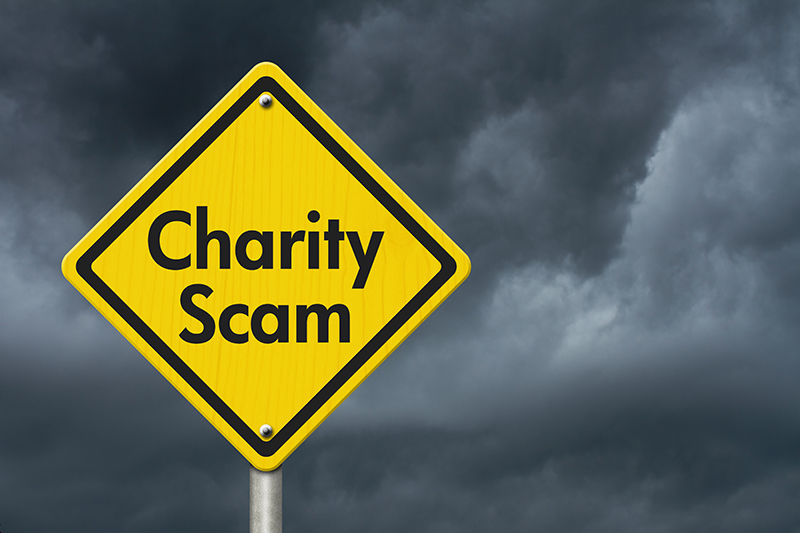Keep Your Eyes Out for Summer Tax Scams
August, 01 2016 by Charla Suaste
Over the course of the past several months, Americans have seen a number of devastating headlines splash in big letters across the covers of newspapers, magazines, and website homepages. Fortunately, one of the spotlights of hope during such dark times may be found in the hearts of our fellow citizens, who are eager to share their hard-earned money with the families of those who have been victimized by such devastating events. Unfortunately, there are also those individuals who, despite such difficult times, are looking for nothing more than to prey on people’s emotions.
One way that scam artists are able to accomplish that is by creating fake charities that appear to be helping victims of national tragedies. For example, shortly after the Orlando shooting took place this summer, these scammers jumped into action and began soliciting money from fellow Americans by way of email, social media, over the phone, and even via door-to-door home visits. Fortunately, the IRS followed up by issuing an alert to taxpayers, reminding them to be vigilant about making sure the money they are donating is going to legitimate charities.
Additionally, taxpayers are encouraged not to give out any personal information – such as Social Security numbers or credit card information – to anyone soliciting donations. Despite how well-meaning those individuals may seem, it is better to take down the charity’s information and do some online research to verify that the organization is a legitimate nonprofit whose money is going to the right place. One of the most foolproof ways to make that determination is to visit IRS.gov and use the Exempt Organizations Select Check – an online search tool that helps seek out vetted charitable organizations. If you are unable to find any information on the charity you are looking for, it is always better to steer clear and send your money elsewhere. No matter how generous you are feeling, it is always better to err on the side of stingy rather than end up on the wrong side of a tax scheme.
For more information about tax scams, please visit IRS.gov.





